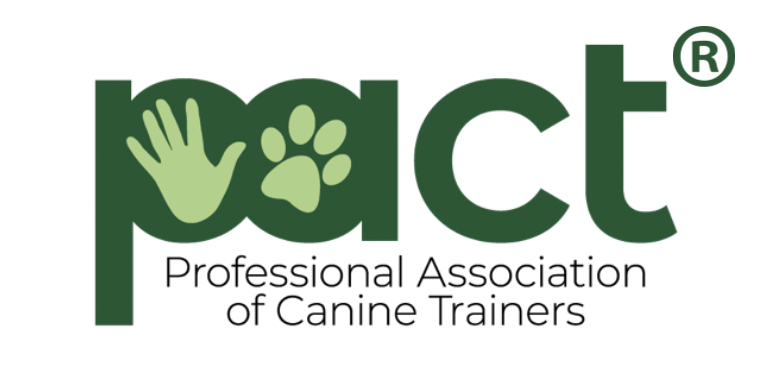Fact vs. Fiction: How to Separate Myths from Science in Companion Animal Care
In today's world, our phones are overflowing with pet advice. Some of it is golden, but a lot of it... well, frankly, it's enough to make your "woo alarm" go off!
In our latest Barks from the Bookshelf episode, we had a truly enlightening (and hilarious!) chat with the amazing Dr. Cat Henstridge, aka Cat the Vet. She's not just a brilliant veterinary surgeon; she's a powerhouse when it comes to cutting through the noise online and delivering real, science-backed truth (something we could all do with a prescription for)!
Spotting the "Woo": Cat's Top Tips for Fact-Checking Online Advice
Cat bravely takes on the relentless bombardment of "miracle cures" and dubious dog advice we all encounter. Here's what she suggests looking for when you're trying to figure out if something online is legit:
Confidence vs. Correctness: Be wary of messages delivered with absolute, unwavering certainty. Science is rarely absolute; it's about evidence and probabilities. A confident delivery often inversely correlates with actual correctness.
The "Kernel of Truth" Trap: Many myths start with a tiny bit of truth that gets wildly exaggerated. Like turmeric for inflammation – yes, it has some anti-inflammatory properties, but you'd need a "bucket load" to get the effect of a proper medication. The "Big Pharma" often refines these natural compounds into truly effective medications.
Motivations Matter: Is the information designed to sell you an unregulated supplement? Lucrative sales often drive the spread of misinformation.
The Integrity of Commenters: How do creators respond to questions or polite disagreement? Do they engage respectfully or accuse you of being a "shill"? True experts welcome critical thought.
Google is Your Friend (Used Wisely): Search engines are getting better at ranking quality information. A quick Google search (other Search Engines are available like our fav Ecosia) can often lead you to more balanced, evidence-based articles.
Ask a Trusted Professional: If you have a good relationship with your vet or an accredited dog trainer, don't hesitate to ask them for their opinion.
The Infamous Lemon Juice Myth (and why it's dangerous!)
During our chat, we couldn't help but ask Cat about one of the wildest myths she's ever debunked: the idea of squirting lemon juice into a panting Bulldog's mouth to help with heatstroke! (Yes, really!). Cat explains how this myth likely originated from a tiny bit of truth (acid thinning mucus) combined with a desperate desire for a quick fix for brachycephalic dogs. The chilling reality, as Cat explains, is that doing so is actively dangerous and can cause immense pain to an already distressed dog. This perfectly illustrates why reliable information is literally life-saving.
Our conversation wasn't just about debunking; it also touched on the exciting future of veterinary medicine, including the use of AI for non-invasive diagnostics like scanning lumps (HTVista) and reading X-rays. Cat highlights how these technologies, while potentially increasing costs, offer incredible benefits for earlier diagnosis and more precise treatment.
As many of you will know, Cat Henstridge will be bringing her wealth of knowledge and passion for fact-checking to DOGX 2025 on Sunday, October 12th, at Winchester University! This episode is a perfect sneak peek into why her talk will be unmissable.
Ready to arm yourself with the tools to spot misinformation and embrace genuine, science-led pet care? Click the buttons below :)





